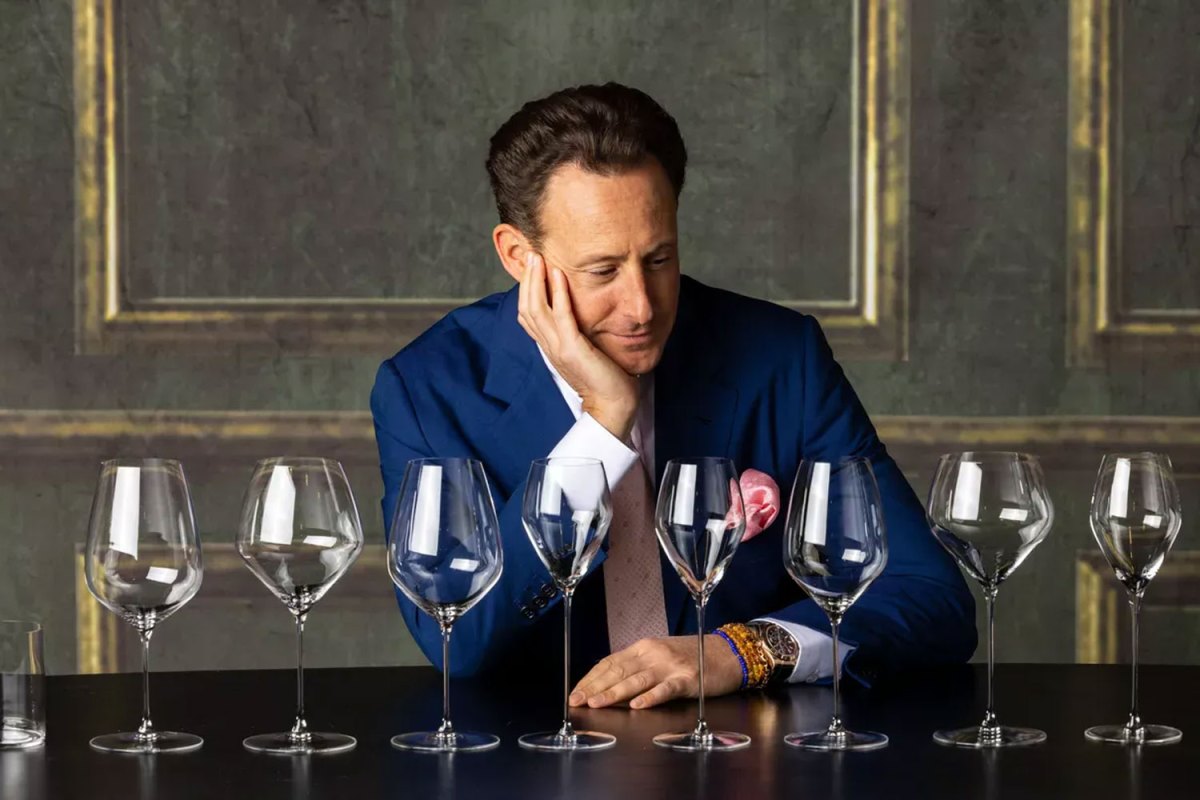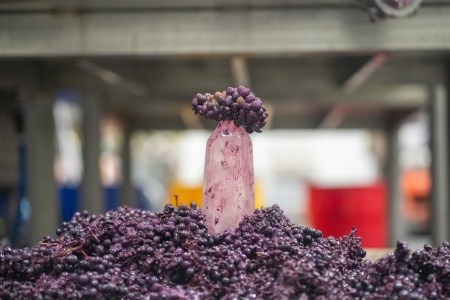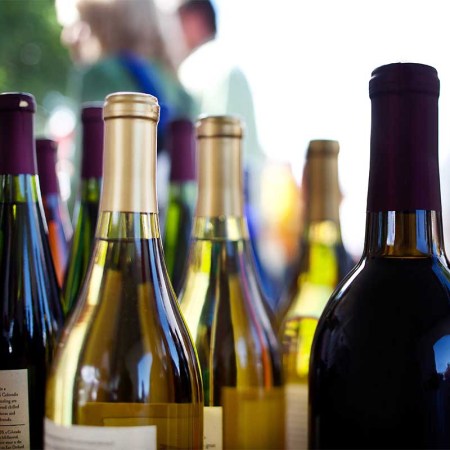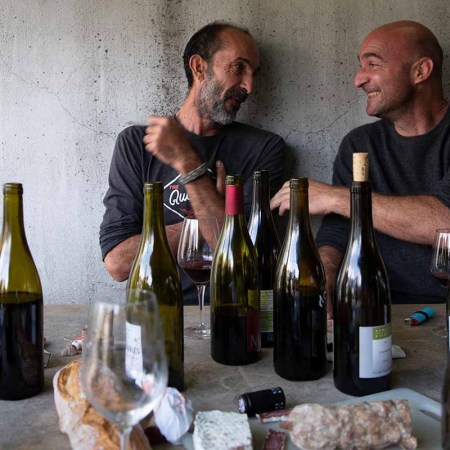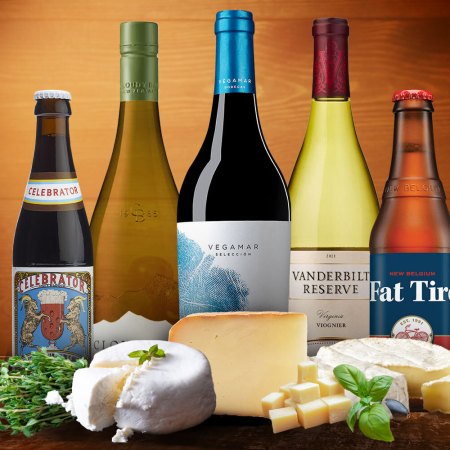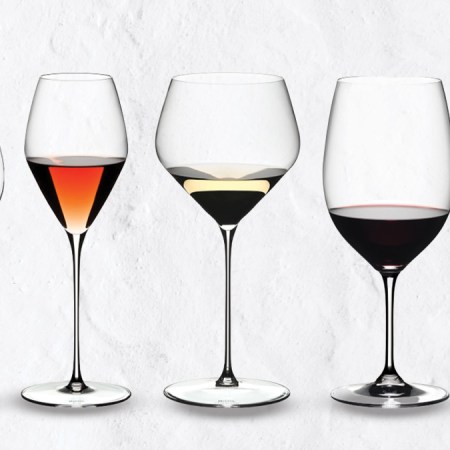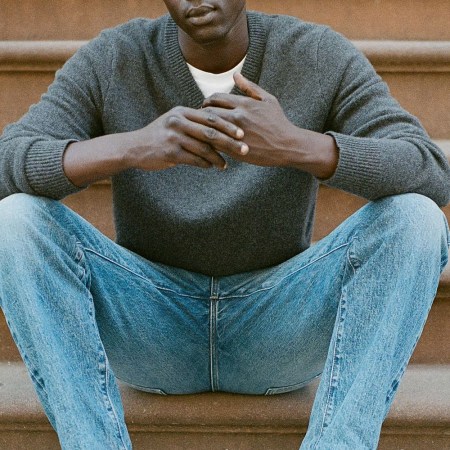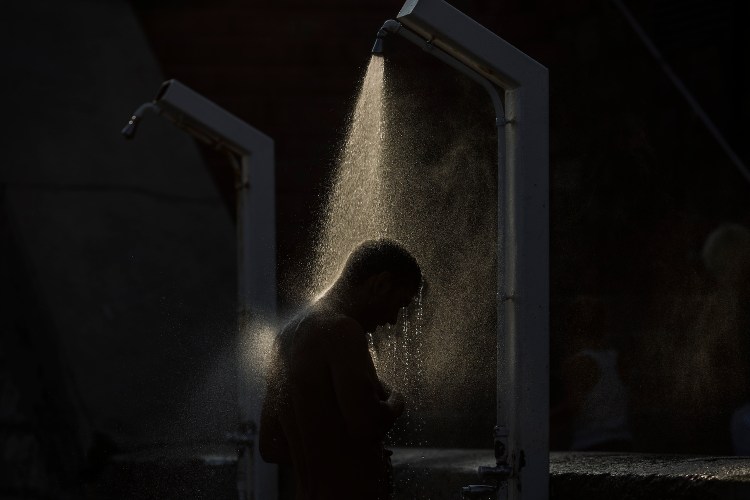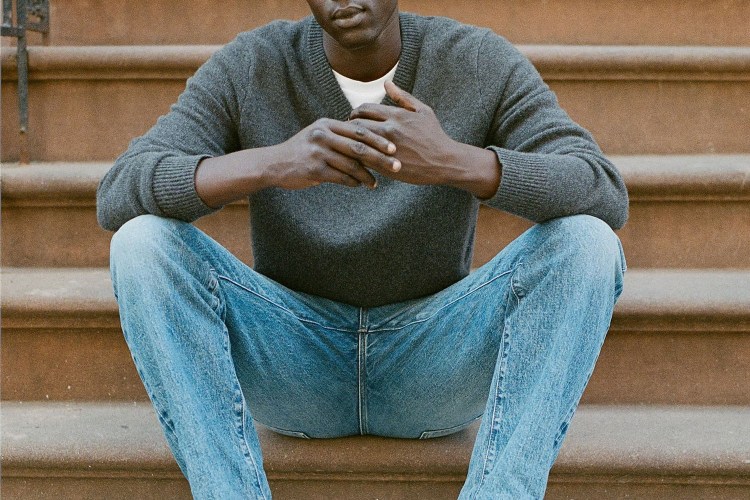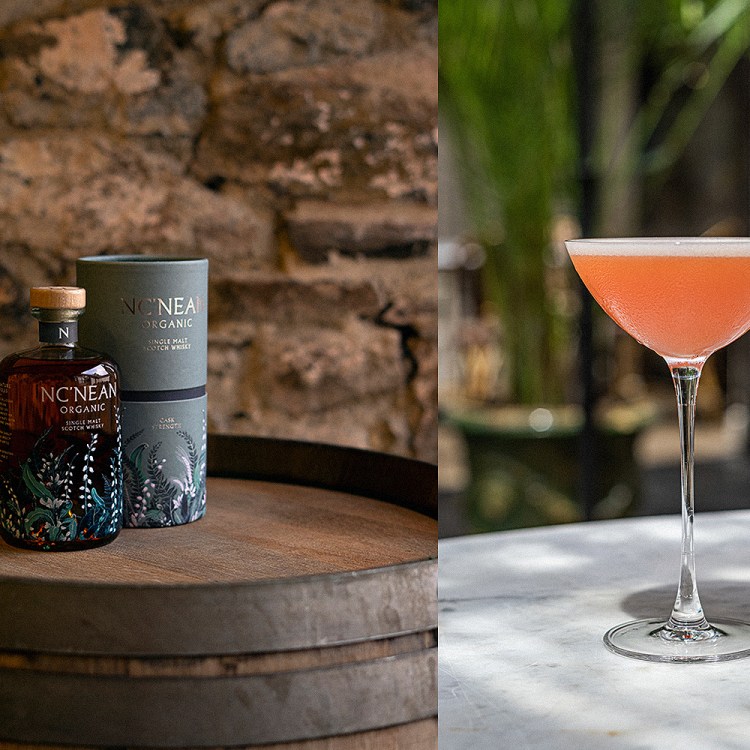If you imagined that the Covid pandemic’s effective closure of the restaurant trade internationally would spell disaster for a manufacturer of wine glasses, Maximilian Riedel would like to put you right. In fact, Riedel, the 267-year-old family company of which he is the 11th generation managing director, enjoyed the biggest sales year in its history.
“People were forced to stay at home and wanted to get together everything they needed to live the kind of life they had when they used to go to restaurants or bars, but now couldn’t,” he argues. “It starts with a good bottle of wine, and then comes the question of how you best drink it. Like so many other things that had been in some sense forgotten in the home — porcelain, bakeware — an appreciation for better wine glasses saw a huge revival.”
All the same, that people have rushed to stock up on Riedel’s glasses at home is perhaps surprising. First off, while their entry-level product may be around $15 a glass, the product they sell to fine dining — and, really, there’s barely an upscale eatery that doesn’t use Riedel — can top out at more like $140. But, says the director, the pandemic has allowed many people to become far more knowledgeable about quality wines and want to drink them from a quality glass. That, in turn, has driven expectations that restaurants will have a suitably high standard of glassware too.
These Wineries Are Embracing the Spiritual Power of Crystals
Can adding charged quartz crystals during fermentation make a wine taste and feel more vibrant? These winemakers believe so.And then there’s Riedel’s very particular pitch. Maximilian’s grandfather not only revolutionized the wine glass business by shifting the perception of what was considered top-flight from heavy-cut crystal to super-thin, lightweight and almost Bauhausian elegance, but he also insisted that the shape of the wine glass could improve the enjoyment of the its contents. A certain configuration, he argued, allowed the wine to breathe, but contained the aroma within the glass; it delivered the wine to the right part of your palate to maximize not just flavor but what oenophiles like to call “mouthfeel.” This is glassware as a tool for better drinking.
“Actually, the texture of a drink, its length, every aspect of the way you experience it can be improved by the glass,” Riedel insists. “And since there are some 1200 red wine grapes alone, and we’ve covered maybe 10% of them, we have a long way to go.”
Riedel appreciates that the idea can sound far-fetched — he has tried but not yet convinced a university to conduct a strictly scientific investigation of the theory — and can only say that it’s convincing in the experience. That’s why he likes to get hands-on, running workshops around the world for anyone who wants to discover the difference.
“And for many people, they’re a real ‘wow’ experience when they understand how a glass can make such a difference,” he says. “I can’t prove it — people just have to put their nose and their palate to the test and decide for themselves. But as long as there’s even skepticism, they at least have interest in what we make.”
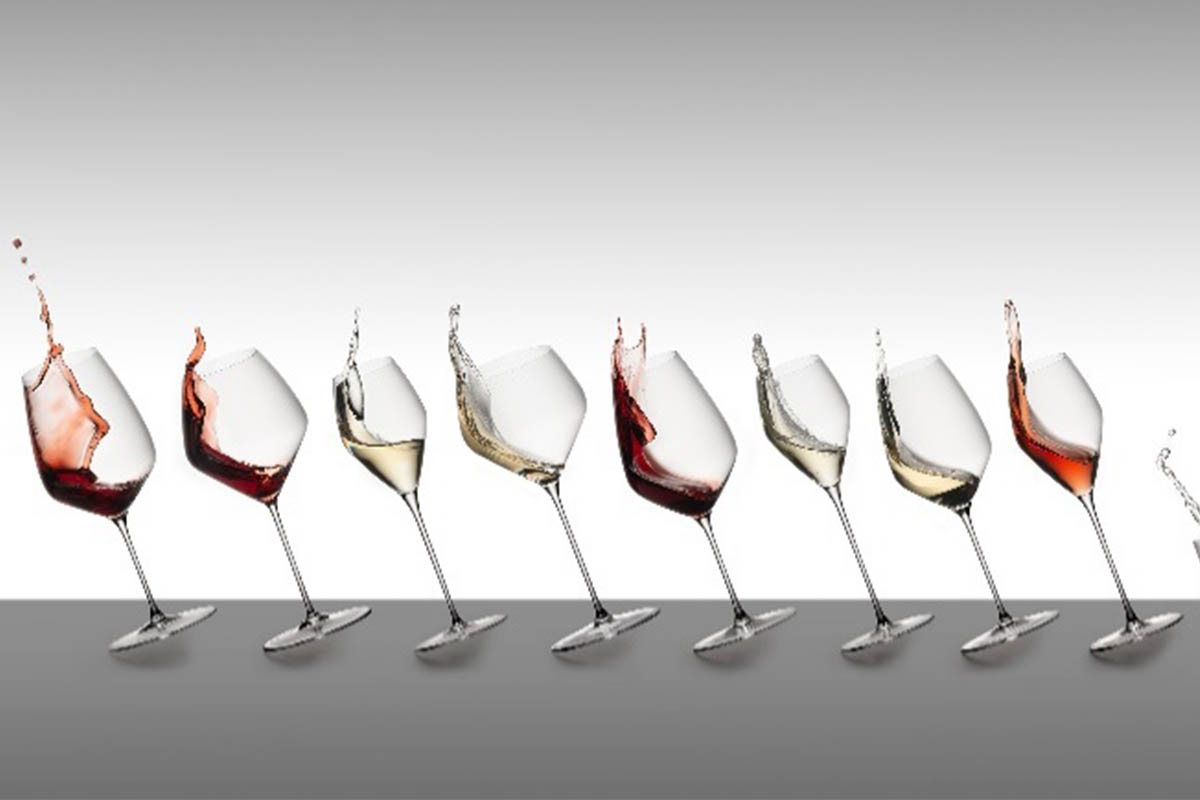
Certainly, this concept of fitting the wine to the glass has helped make Riedel — based out of Austria and Germany — one of the biggest wine glass manufacturers in the world: it produces upwards of 60m of them every year, from the machine-made (“Pop, pop, pop, goes the production line, each one a new glass,” Maximilian Riedel demonstrates) through the handmade, requiring 35 discrete operations. A handmade glass won’t make your wine taste any better, he assures, “But it’s like the enjoyment of anything handmade…why have a Patek Philippe when a Swatch does the same job?” he asks. “There’s some pleasure in the craft.”
Over the last decade, the idea of utilizing specific glassware for different types of drinks (spirits, cocktails, beer, coffee and even water) was grown. And it can get as granular as the brand of drink, too: Riedel is now in talks to develop a bespoke glass for Pappy Van Winkle bourbon and also for Ferrari Trento sparkling wine.
Riedel admits that these entries outside of wine have not been as successful (in part) because drinks, and ways of drinking, are increasingly subject to trends. “A lot of these ideas [in the drinks trade] are energetic, creative but they don’t stick — and suddenly nobody is really talking about craft beer anymore,” he suggests. “Or a beverage gets hugely hyped, like sake was 15 years ago, or orange wine more recently, and where are they now? Cocktails were a huge trend, but it’s just nowhere near as big now as it was.”
But it’s also somewhat inevitable that such efforts would pale in comparison with the demand for wine glassware. “Wine is the only drink with the ancient past, the present and the future for sure,” reckons Riedel. “There’s something privileged about wine and there really always was — the way it’s made, where it’s made, for whom it’s made. And then wine has these great advantages: it’s food-friendly, [in many parts of the world] you can drink two glasses and still drive, you can invest in it, and they even tell you a glass of wine is good for you. Tell me something negative about wine, apart from the prices.”
Riedel’s glasses tap also tap into aesthetics and the place in the modern home of the wineglass as a display object — a totem of the homeowner’s sophisticated tastes, perhaps. That’s why Riedel’s range runs the gamut from the classical to the more avant-garde, or what he concedes some might call “ugly.” He suggests how its new Winewings range — with a wobbly bowl — will likely be as much hated as it’s liked.
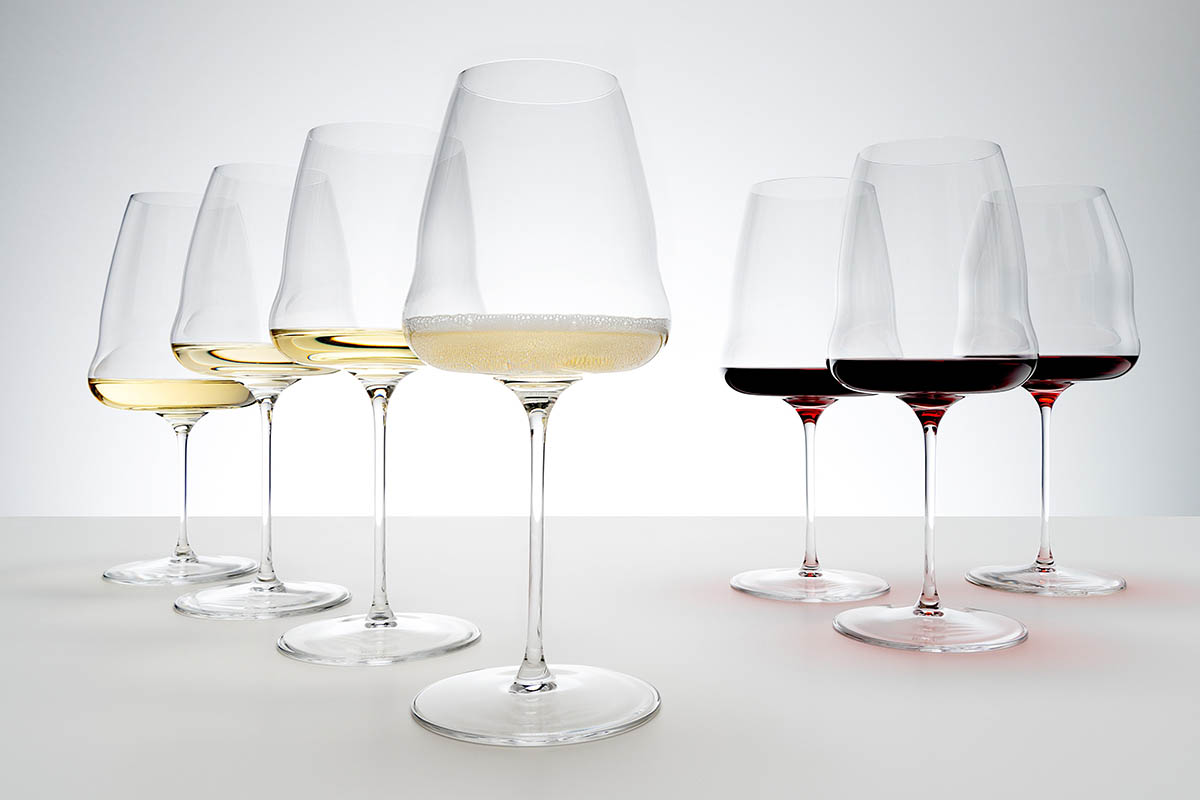
It’s also why Riedel pioneered the stemless wineglass, predominantly for the U.S. market, after observing the habit of its residents to hold a wine glass by the bowl and not the stem. Those oenophiles might shudder at the very idea — the point of the stem isn’t just fancy, it’s to prevent the wine from warming unnecessarily through contact with the hand. But that hasn’t stopped Riedel making the widely imitated idea a best-seller.
Indeed, right now Riedel’s biggest concern is far more about the needs of heavy industry than it is about fine dining. There are certain things you need to make glass, he points out. One is paper, because fragile products require careful packaging. Another is energy (“a lot of energy,” he emphasizes) with local gas prices having increased 500%, thanks to the Russian invasion of Ukraine. And the last is potash (potassium carbonate). And where does most of Europe’s potash come from? Ukraine.
Riedel’s only short-term solution — along with every other manufacturer it seems — has been to push up prices. He’s not sure how high he can go and still retain consumer interest. But he’s thankful at least that people now buy his glasses not just for their functionality, but for the brand he has built up. In that, he has learned from his forefathers. Pre-World War II his grandfather ran the company, then based in Czechoslovakia, as an anonymous private label supplier. When the German invasion and Soviet takeover effectively destroyed the business, he had to start over.
“If Riedel had had the name then that it has now, things would have been so much easier than they were,” says Maximilian Reidel. “They wouldn’t have lost everything practically overnight in that war.”
The idea of losing everything again still somewhat haunts him. “Being the head of a historic family company comes with its pressures. The biggest worry is that I’ll be the last of a long line, that I will be the failure, that I won’t be able to pass on the baton of a successful business,” says Riedel. “I need to make that happen. My son is seven so it’s a little premature. But I hope to bring him up in a way that will inspire his interest too. Then I can retire.”
Every Thursday, our resident experts see to it that you’re up to date on the latest from the world of drinks. Trend reports, bottle reviews, cocktail recipes and more. Sign up for THE SPILL now.
